FARMER-LED. ROOTED IN ORGANIC.
February 23-25, 2023 La Crosse, Wisconsin


February 23-25, 2023 La Crosse, Wisconsin

THURSDAY
9 a.m.
Organic University Check-In Opens
10 a.m. - 5:30 p.m. Full-Day Organic University
1:30 - 5:30 p.m. Half-Day Organic University
5 p.m. Conference Check-In Open
5 - 8 p.m.
Social: Snacks & Cash Bar Exhibit Hall Open
FRIDAY
7:30 a.m. Conference Check-In Open
7:30 - 9:30 a.m. Continental Breakfast
8 a.m. - 7 p.m. Exhibit Hall Open
8:30 - 10 a.m. Workshop Session I
10:30 a.m. - 12 p.m. Workshop Session II
12 - 2 p.m. Lunch Keynote
2:30 - 4 p.m. Workshop Session III
4:30 - 6 p.m. Organic Conversations & Panel Discussions
4 - 7 p.m.
Social: Snacks & Cash Bar
7:30 p.m. Party in La Crosse
SATUR DAY
7:30 a.m. Conference Check-In Open
7:30 - 9:30 a.m.
Continental Breakfast
8 a.m. - 3 p.m. Exhibit Hall Open
8:30 - 10 a.m. Workshop Session I
10:30 a.m. - 12 p.m. Workshop Session II
12 - 2 p.m. Lunch Keynote
2:30 - 4 p.m. Workshop Session III
2:30 - 5:30 p.m.
Farm Viability Convergence
Now in its 34th year, the Marbleseed Organic Farming Conference, formerly known as the MOSES Organic Farming Conference, continues to be the place for farmer-led learning and an opportunity to bring the organic agricultural community together.

Featuring more than 60 speakers, including 3 visionary keynote speakers, this year’s Marbleseed Conference offers content on business management, soil health, and diverse farm operations. Two new opportunities have been added for farmers to network and engage in deeper conversations and create relevant content during the conference.
Be sure to also look at the variety of Organic University offerings that include both half-day and full-day sessions this year and cover content that will enhance your farm business and improve a variety of farm enterprises.
We can’t wait to see you in La Crosse!
For the best price, register today. Use the form at the back of this guide or the secure online form at marbleseed.org/conference! Conference registration includes online access to audio recordings of workshops for one year after conference. Recordings will not be available for Organic University sessions. PRICING
Formerly known as the Midwest Organic and Sustainable Education Service (MOSES), Marbleseed was established in 1995 as a 501(c)(3) nonprofit committed to supporting farmers in their transition toward sustainable, organic farming systems that are ecologically sound, economically viable, and socially just.
Cover photo credit: Magdalen Ng, Turnip Rock Farm & Cosmic Wheel Creamery, Clear Lake, WI
In-depth full- and half-day classes covering everything from Farm Business Basics, to Forest Assisted Migration and Restoration Ecology.
45 transformative, skill-building work shops — covering farm business management, soil health, and production — all crafted to advance strong, organic farms and food systems.
150+ exhibitors including buyers, suppliers, ag agencies, seeds, tools, and more. All the organizations you have come to expect, and plenty of new faces, in the expanded one-level exhibit hall!
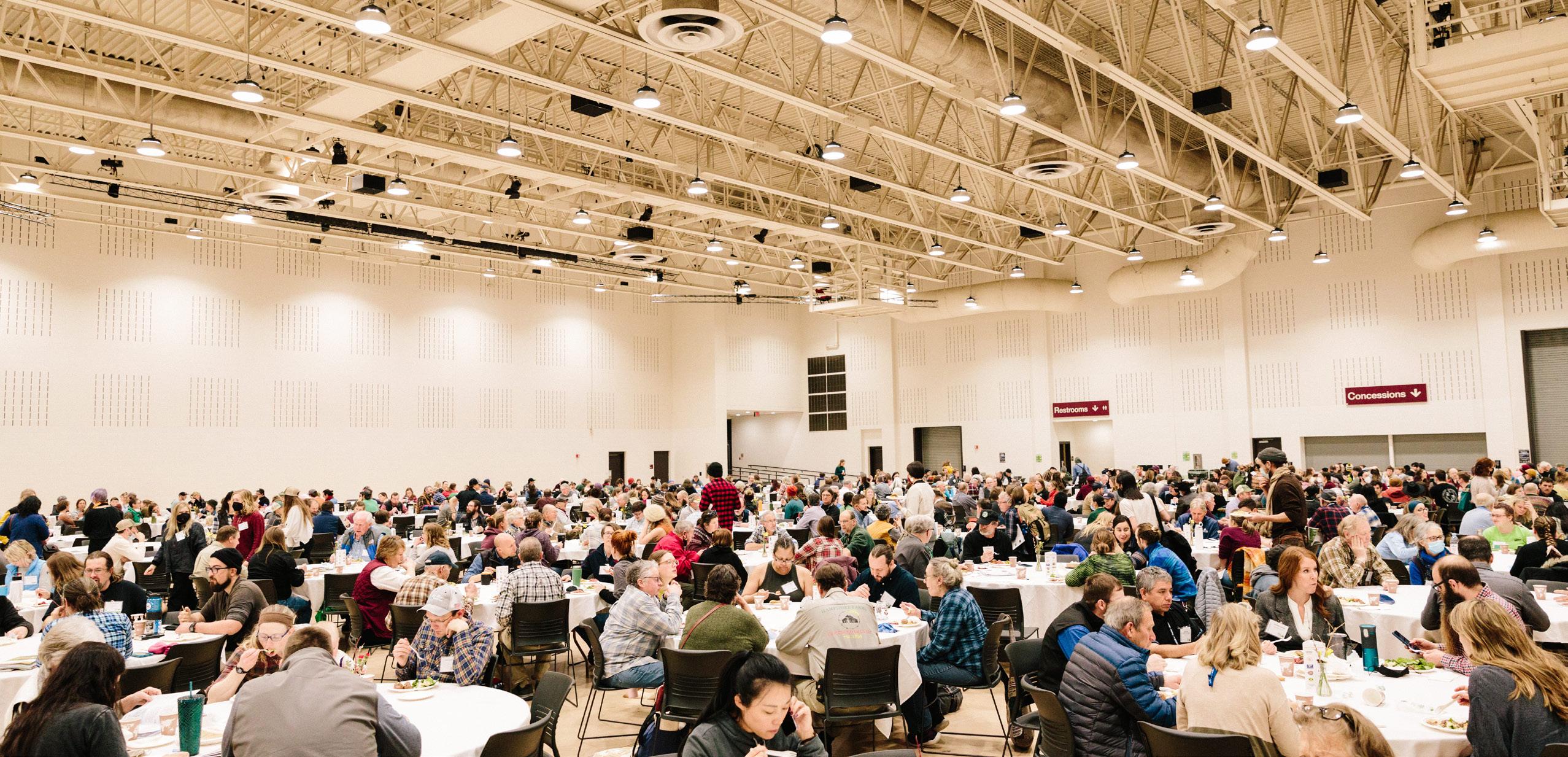
Sit in on a 45-minute discussion about a farming topic dear to you. These take place throughout the day, giving you the chance to ask questions and share your insights with other organic farmers.
Get 1:1 advice from agency and organization professionals on everything from pollinators, to certification, lending, insurance, and more.
See the latest research on organic production. View current projects in the Research Poster Gallery, the juried poster session for farmers, and studentresearchers. Submit a proposal at marbleseed.org/organic-research-forum
Come together with your farmer peers for the ultimate networking and knowl edge sharing process. We will identify and offer workshops that are of high interest to those that join in.
On Friday from 4:30-6pm join one of four moderated panel discussions on topics that are front of mind for the whole organic community. Engage with fellow farmers, policy experts, and law makers to discuss the upcoming Farm Bill, The Future Direction of Organics, Land Access, and the promise of cooperative business models. Check the website for updated details!
1 – 2 p.m.
Austin is an expert on agricultural and antitrust policy. He is a Fellow of the Thurman Arnold Project at Yale University, an initiative that brings together faculty, students, and scholars to collaborate on research related to competition policy and antitrust enforcement.
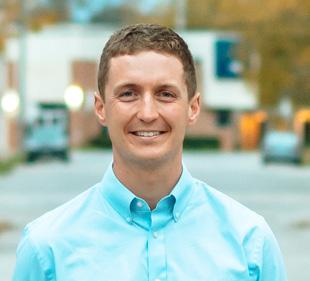
Doug Crabtree & Anna JonesCrabtree Villicus
February 25
1 – 2 p.m
Anna and her husband Doug own and manage Vilicus Farms, a first generation, organic, 12,508 acre dryland crop farm in Northern Hill County, Montana growing a diverse array of organic heirloom and specialty grain, pulse, oilseed and broadleaf crops under five and seven-year rotations.
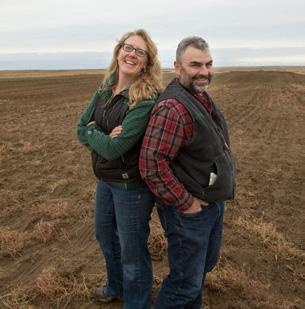
™
Developing a Marketable Row Crop Rotation
Thursday (10:00 a.m.)
Margaret Smith, Albert Lea Seed
Mike Schulist, National Farmers Organization Carmen Fernholz, A-Frame Farm Sandy Syburg, White Oak Farm Dave Campbell, Lily Lake Organic Farm
We all know that there are benefits to longer and more diverse crop rotations. They can improve soil health, reduce weed pressure, help with pest and disease management and boost biodi versity. But how does one develop a rotation best suited to their farm that meets these objectives? And just as importantly, how do you find a market for all these crops? This session will take a detailed look at principles and scenarios for building robust rotations that work in the Upper Midwest, as well as estab lished and novel approaches for marketing the whole rotation. Margaret Smith, an organic farmer and agronomist with Albert Lea Seed, will address the agronomy considerations involved in expanding rotations. Mike Schulist with NForganics will look at several approach es producers can employ to market all the crops, including through a co-op, niche specialty sales, and even direct sales through value adding on-farm. They will be joined by farmers Sandy Syburg of White Oak Farm, Carmen Fernholz of A-Frame Farm, and Dave Campbell of Lily Lake Organic Farm. Learn what has worked and what has not from their decades of experience with diverse crop rotations. If this crew hasn’t grown it, it probably doesn’t grow here!
Farm Business Basics: Strengthen Your Foundation By Building Business Acumen Thursday (10:00 a.m.)
Rachel Armstrong, Farm Commons Paul Dietmann, Compeer Financial Many farmers sideline business best practices until after they have their production and marketing skills dialed in. However, developing business best practices ensures that all your effort rests on a strong foundation. Whether you’re in the beginning stages of farming or have been fine tuning your systems for
years, there’s always room to improve your business acumen. A little effort now will help ensure you’ve laid a strong foundation to stay in business for as long as you wish, and to transition out when the time comes. In this session, Rachel Armstrong and Paul Deitman will explore both the financial and legal sides of farm business best practices. From a financial perspective, they will take a close look at some key business health questions: How do we know if we’re profitable? How do we improve cash flow? Paul and Rachel will also tackle legal issues and the merging of the two: Do we have the right business structure in place? How do we deal with the risks of hiring employ ees, entering into strategic partnerships, negotiating contracts, or taking on debt? If the worse happens, what insurance policies will protect us? How do we know if the time is right to make a significant investment in the business such as buying land or starting a food processing business?
Fencing for Livestock: Making the Fence Right the First Time
Thursday (10:00 a.m.)
Brad Ketchum, Gallagher North America
Randy Cutler, Cutler Fence
In this full-day Organic University, Randy Cutler will take you from start to finish through the process of building a fence for livestock, whether you have inherited the fence or are starting from scratch. Attend this session even if you are unsure of what type of fence to build for your livestock. Randy will cover: land analysis, species adaptability, types of fencing, pricing and resources. Learn the ABCs such as amps, braces, and corners and dive into topics such as exit gates, the process behind the methods, and how to wire with zinc coatings. Feel free to bring a google earth image of the area you want to fence so you can assess the area. You will leave with a plan for building a fence that’s right for you.
Postharvest Handling: Farmers Are Food
Thursday (10:00 a.m.)
Atina Diffley, Organic Farming Works LLC
Laura Frerichs, Loon Organics Farm
How we handle our produce affects the shelf life, quality and safety of our product, and our relationships with buyers. Our postharvest practices
have a huge impact on a farm’s financial success and reputation. In this Organic University course, participants will learn critical postharvest handling information to meet their crop’s needs from the field to the market. Laura and Atina will walk you through the postharvest process steps of harvest-cleaning-drying-cool ing-packing-storage-transportation with an overlay of respiration rates, cold-chain management, and food safety considerations.
Thursday (10:00 a.m.)
Tom Rosenfeld, Earth First Farms Andrew & Greg Zwald, White Pine Berry Farm Learn what it takes to start and operate a successful certified organic U-pick operation. Topics covered will be customer policy and concerns, weather challenges, insurance needs, marketing, farm store offerings, and staff management. Dive into how to determine price, track expenses, and analyze data to change price and product offerings with these experienced farmers! Greg and Andrew Zwald from
White Pine Berry Farm will discuss different facets of their U-pick business including fall agritourism, wholesale avenues, wedding barn venue, and adding a farm store. Tom Rosenfeld of Earth First Farms will discuss some of the decisions related to launching a U-pick operation, with a particular focus on apples. He will share successes and errors made in the transition to a U-pick operation and some of the issues related to operating a successful apple U-pick as part of an overall farm strategy.
Farming “Climate Smart” Tree Seedlings for Forest Restoration
Thursday (1:30 p.m.)
David Abazs, Round River Farm & University of Minnesota Extension
Looking for a niche product to grow on your farm that helps save the forest? Come learn how farmers are taking a
lead in a Forest Assisted Migration project that is working to address the changes in our climate and our forests. What types of tree seedlings are the farmers growing, how do they organize themselves, and where do they get the seed? In this Organic University half day workshop, you will learn about the “big picture” of the challenges of the forest with our changing climate. Learn about the development of a local, distributed, growers network of farmers and family owned nurseries. Along with the over view of the issues and project approach, discover how former organic vegetable farmers are now also growing “climate smart” tree seedlings.
Add Value to Organic by Grazing and Haying for Ecological Restoration
Thursday (1:30 p.m.)
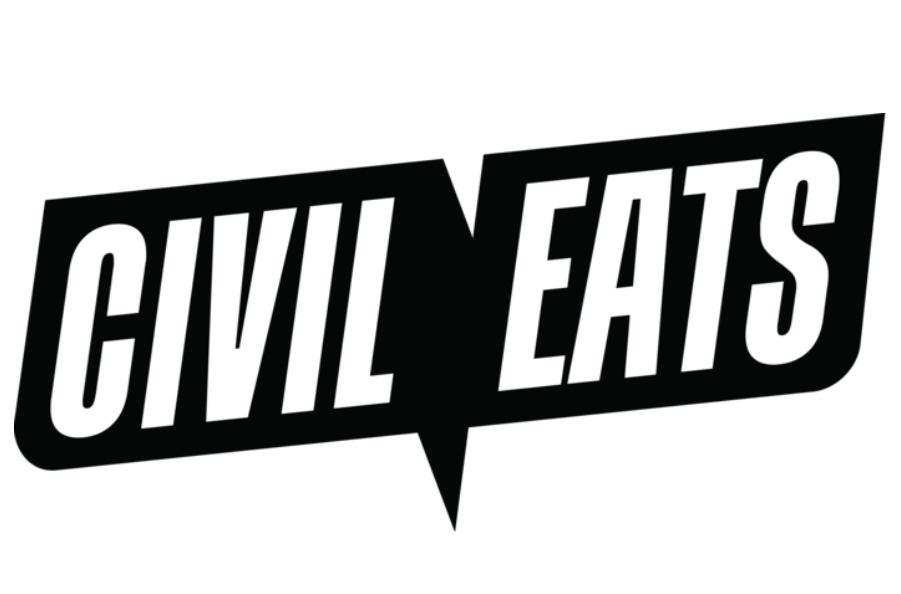
Stephen Thomforde, Restoration Ecologist Peter Allen, Mastodon Valley Farm
Expanding markets for organic, grass-fed, and local pasture products are value added by using native species. This half-day Organic University will provide ideas and case studies for using grazing
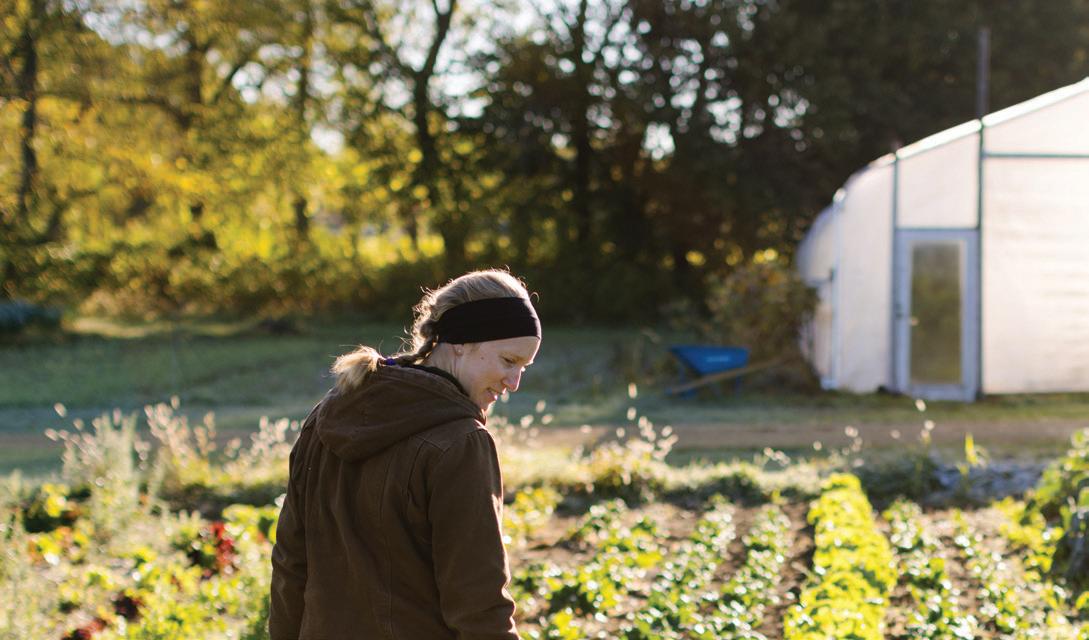
A true partner is defined by those they support. That’s why at Compeer Financial we’re defined by you — your hopes for the future as well as what you need today. So whether you need an experienced lender, a trusted advisor or a friend you can count on, we’re ready.
(844) 426-6733
to restore grassland-savanna ecosystems, for both on farm and public lands, including native pastures and hayfields, for emerging markets, grants, and certification. Case studies include on farm examples, wildlife refuges, and urban areas grazed for ecological integrity and food sovereignty. Participants will learn why grazing is critical for ecological health and how historic grazing patterns can inform current pasture management. Stephen Thomforde and Peter Allen will also introduce grazing ecology, provide a system framework, share real on-farm applications, illuminate an enormous public land potential, and inspire concepts for certification and future markets.
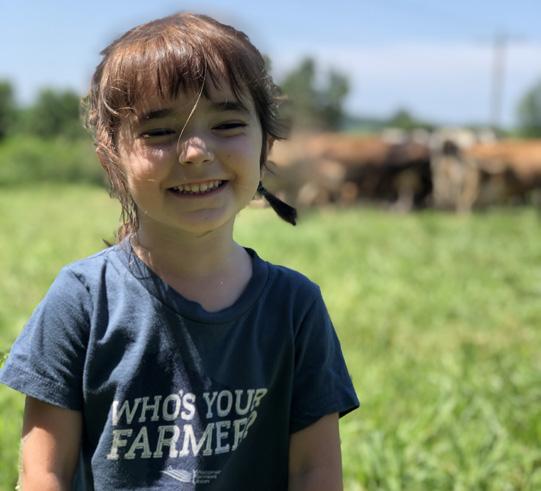
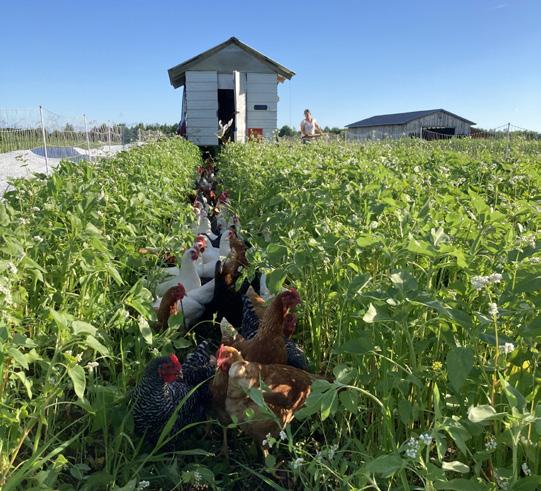

Thursday (1:30 p.m.)
Amanda Gevens, University of Wisconsin - Madison Dylan Bruce, Circadian Organics & SeedLinked Cody Eagan, Driftless Seed Co

The Midwest can be a challenging environment for producing high quality vegetable seed, but decentralized seed systems are essential for resilient food systems. This half day workshop will give attendees a foundation to explore adding contract seed production as a new farm enterprise. Amanda Gevens, Dylan Bruce, and Cody Egan will focus on a handful of seed crops that are typically good starting points for new seed farmers, using those crops as examples to cover the principles of vegetable and flower seed production (as contrasted with fresh market produce), harvest, and cleaning. Concrete examples of produc tion specs, necessary equipment, and challenges and synergies of adding contract seed production to a fresh market produce business will be shared. Presenters will also cover working with seed companies to find contracts and assessing the fit with your specific operation. A focus on producing high quality seed will be maintained throughout the workshop, and Dr. Gevens of UW-Madison Plant Pathology will discuss some of the seedborne diseases of concern for Midwest vegetable seed crops.


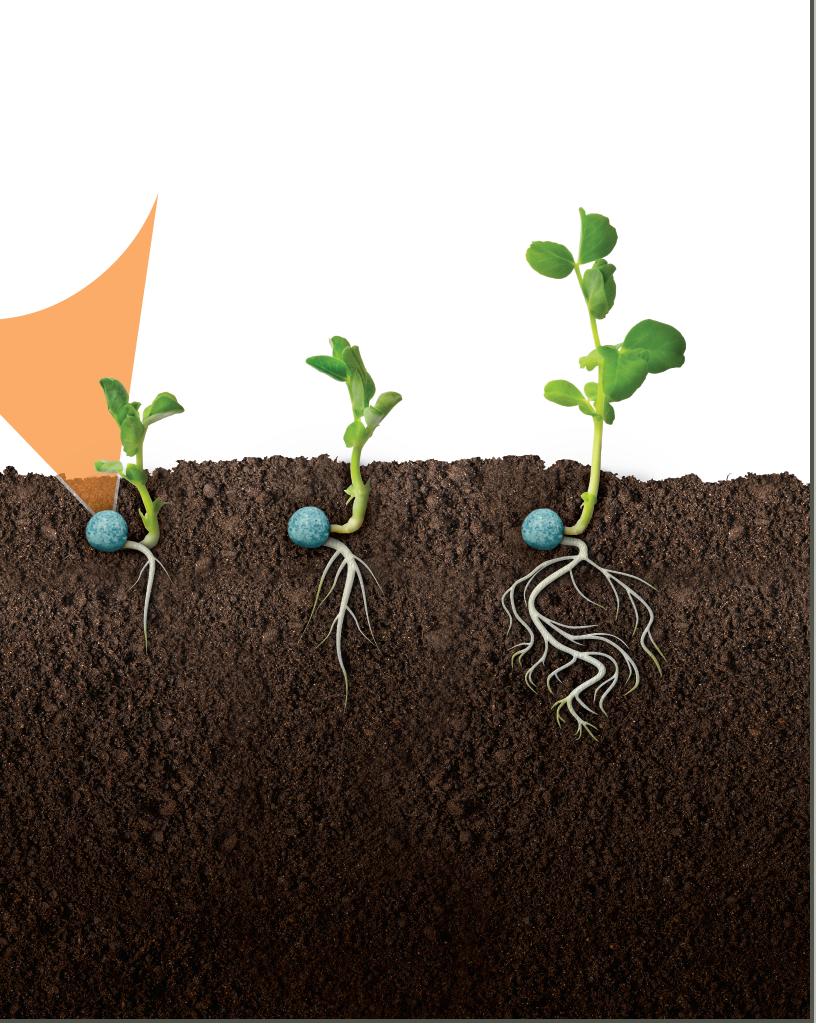

Thursday (1:30 p.m.)




Willie Hughes, Hughes Family Farm Graham Adsit, Long Winter Farm Jason Pennycook, Johnson Tractor
Would your farm benefit from more consistent and precise passes across your fields? What precision farming tools make sense and are most likely to yield a return on investment? Discover all the technology options and associated costs to help you eliminate gaps, overlaps and skips. Investigate scale appropriate solutions to save time, money, inputs and reduce compaction. This class will examine the tools and techniques for improved strip tillage, planting, and cultivation passes as well as yield monitoring and field mapping. Experts from Johnson Tractor will examine all the tools and approaches for different types of producers and crop types. Farmers Willie Hughes of Hughes Farms and Graham Adsit of Long Winter Farm will share their experiences from their diverse row crop operations and how they are utilizing the tools to use less and grow more!

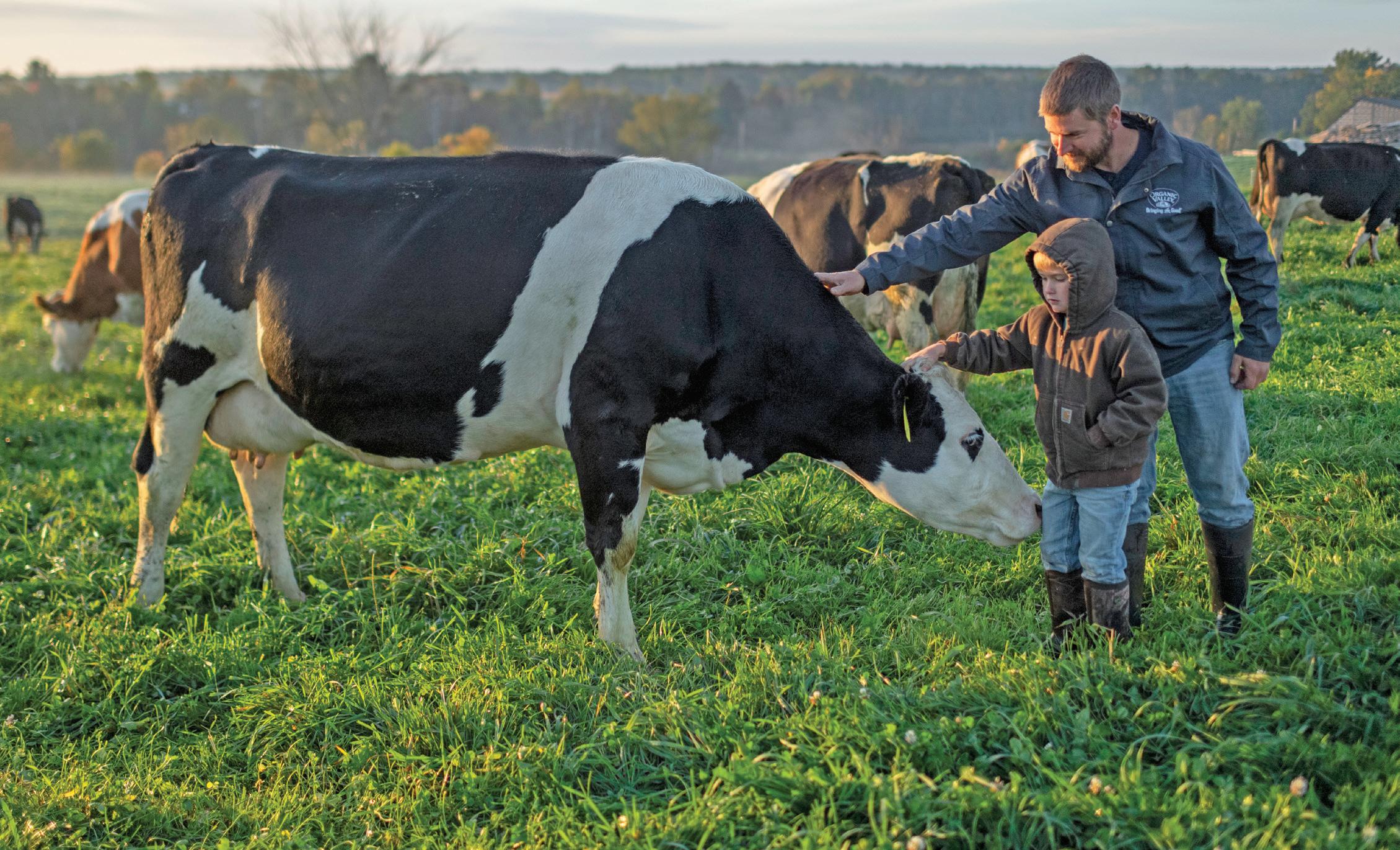
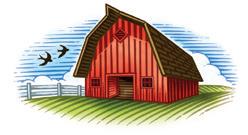
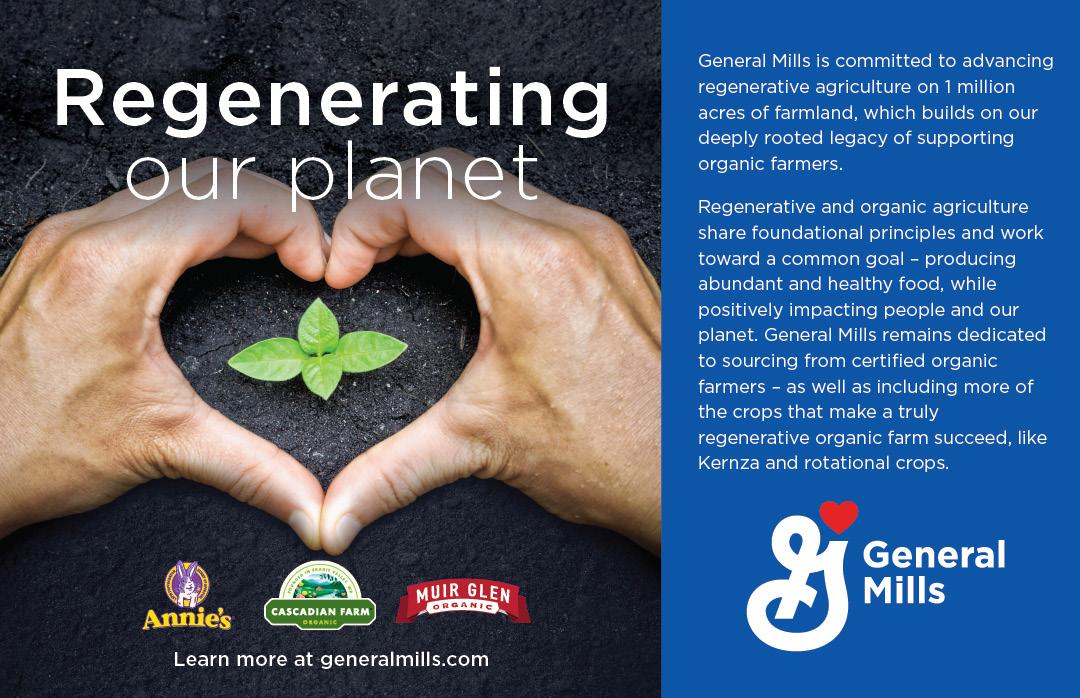
Check
FRIDAY & SATURDAY
Session I: 8:30 a.m. - 10 a.m.
Session II: 10:30 a.m. - 12 p.m.
Session III: 2:30 p.m. - 4 p.m.
Business, Marketing, & Certification Field Crops
Climate, Soils, & Systems
Health, Policy, & Community
Crop Insurance for Conservation-Minded Operations
Friday Session I (8:30 a.m.)
Kate Hansen, Center for Rural Affairs
Megan Vaith, Northbourne Organic Crop Insurance, LLC
When deciding to implement a new conservation practice, it’s important to make sure your risk management strategies align. This presentation will provide an overview of how crop insurance interacts with various conser vation practices and management types including organic, cover crops, multi-cropping, and more. Content will include cover crop guidelines, organic price elections, insuring with contract prices, new relay cropping provisions, double cropping coverage, Whole Farm Revenue Protection, and Micro Farm.
In Their Own Words - What Farm Employees Value in a Work Experience
Friday Session I (8:30 a.m.)
Abby Benson, Featherstone Farm
Sarah Janes Ugoretz, FairShare CSA Coalition
Magdalen Ng, Turnip Rock Farm
Hired labor is crucial to the success of many diversified vegetable farms. Yet farm owners struggle to attract and retain employees, and many of those employees struggle to build a sustainable career for themselves in this industry. In this session, Abby, Sarah and Magdalen dig into what employees value in a work experience, key challenges they face, and likely retention factors. This discussion is grounded in data collected from nearly 200 farmworkers across the country between 2019 and 2022, as well as co-presenters’ first-hand experience as farm employees.
Taming the Workload / Agile Management Systems for Small Farms
Friday Session I (8:30 a.m.)
Joel Barr, Abraham’s Table Farm
Small scale farming is complicated. And while there are many “how-to” resources,
there are few on the concepts of workload managment. Furthermore, most systems are too static to remain relevant through the constantly fluctuating variables that small farms face during a season. After years of frustration Joel began to research methods used in various other industries over time sythesized a simple yet flexible analog system that keeps his complex farm on track through any situation. He and his team now consistently hit their goals and deadlines while working no more than 40 hours a week, and everyone can take time off (even in the summer) without anything falling behind. In this session Joel will detail the underlying concepts and detail the tools and tehniques they use to tame their workload and accom plish more while working less.
Five Legal Best Practices for Every Farm Business
Friday Session II (10:30 a.m.)
Rachel Armstrong, Farm Commons Are there a few key business practices that, when we follow them, create a big impact when it comes to the farm’s legal resilience? We’re so glad you asked! Yes, there are, and every farm or ranch business, no matter its size, location, or longevity, is in a great position to take advantage of them. Rachel will show you the what, why, and how around funda mentals like liability, business structures, and government regulations for worker and product safety. You’ll walk away knowing why our 5 points are essential and most importantly, how to take action on those points in a way that is consis tent with your values and resources. Rachel provides valuable resources to help you apply the law’s best practices to your situation. With any luck, you’ll already be following a couple of our best practices! You’ll be able to share your experience with others, building an entire community of resilience in the process. Join us.
Friday Session III (2:30 p.m.)
Wyatt Parks, W.T. Farms LLC
Tired of doing everything the hard way? Looking to increase efficiency and save yourself from a lifetime of back pain and sore muscles? Maybe just thinking about upgrading from your old Allis to some thing made this century? Choosing the right equipment is not always easy or
straightforward but there is a path to success! This workshop will take you from buying your first used tractor or impliment on marketplace to purchasing your dream machine straight from the dealer.
Organic Farming & Climate Risk: Assessing & Understanding the Insurable Risks of Organic Production
Saturday Session I (8:30 a.m.)
Jeff Schahczenski, National Center for Appropriate Technology
The long-term trends of insurable losses have been increasing and may further increase because of changing and disruptive weather and climate. Can organic farmers better assess their weather-related and market insurable risks in the face of climate disruption? This practical workshop will explore in a case-study format two available on-line tools that can help producers better understand the causes of insurable losses and explore the cost of purchasing crop insurance products to provide some protection against future losses.
Funding Your Farm with Little to No Debt - Grants and Creative Fundraising Strategies For Farmers
Saturday Session II (10:30 a.m.)
Fresh Roberson, Fresher Together Financial stress can be a big mental health burden on farmers. There are a variety of ways to incorporate money into your farm besides the sales of your products. In this workshop we will share several ways to fund your farm while minimizing or avoiding the stress of debt and loans. If you’ve been thinking of pursuing grants, crowdfunding, fundraisers, or investors, we’ll talk through some techniques we’ve used and also provide resources and entities to reach out to for support. Fresher Together Farms has raised over $250,000 in funding in their first three seasons and will be sharing strategies from not only their farm, but also other regional farmers who use grants and other debt free resources as a regular presence in their farm’s viability. Come ready with your questions and suggestions to add to the conversation and resource list.
One Year Corn, One Year Rye with Clover a Soil Regenerative System
Friday Session I (8:30 a.m.)
Gary Zimmer, Otter Creek Organic Farm
Some challenges with organic farming include weed control, providing enough nitrogen, and excess tillage. Learn what Otter Creek Organic farm has done to address these issues. Otter Creek Organic farm has been following this system for several years and has man aged to lower input costs, radically improve soils, increase yields and reduce tillage with only two workers farming 1500 organic acres in a 45 mile circle with small fields. This session wll outline Otter Creek Organic farm’s methods and economics.
Weed Management for Organic Field Crops 101
Friday Session II (10:30 a.m.)
Joel Gruver, Western Illinois University
New to field crop production or transitioning to organic management?
Effective organic weed management requires more than just equipment. Joel Gruver of Western Illinois University will identify systematic strategies for suc cessfully disrupting weed life cycles, timely interventions through cultivation, and rotation scenarios to give your crop the competitive advantage.
The State of Organic No-Till
Friday Session III (2:30 p.m.)
A panel of researchers will speak to the latest developments and advancements in organic no-till.
Doubling Down on Diversity & Creating an Economy Based in Abundance, Care and Reciprocity
Saturday Session I (8:30 a.m.)
Anna Jones-Crabtree & Doug Crabtree, Vilicus Farms
What does it take to double down on diversity in crops, animals, enterprises and community in order to build farms that thrive in the face of adversity?
Farming on a planet with an instable climate means we can’t use the past to predict the future. This workshop will explore ways to implement solutions that equitably share the risk and reward of implementing radical stewardship and
creating an economy based in abundance, care and reciprocity.
Against the Grain: Niche Grain Production
Saturday Session II (10:30 a.m.)
Niche grains can be fun and also interesting to grow. Join an agronomist along with a panel of growers give you tips on how to plant, harvest and store. Learn tricks and caveats for planting buckwheat, rye, millet, and white wheat.
Organic Management of Canada Thistle
Saturday Session II (10:30 a.m.)
Joel Gruver, Western Illinois University Dave Campbell, Lily Lake Farm
If you are dealing with this perennial weed in your fields, you know what a stalwart adversary it can be. With its ability to spread by seed and from vegetative buds in the root system, it can be a real challenge to manage once established. Joel Gruver of Western Illinois University and 2022 Farmer of the Year Dave Campbell will examine the biology, vulnerable stages of develop ment, and share their experience with management strategies as we get “into the weeds” on this tenacious crop intruder.
Friday Session I (8:30 a.m.)
Kevin Ellis, Hennepin County
Managed Grazing 101
Friday Session I (8:30 a.m.)
Hannah Bernhardt, Medicine Creek Farm Grazing curious? Want to understand why so many folks are constantly talking about the soil health and lifestyle improvements possible with well managed pasture rotations? Join Hannah Bernhardt from Medicine Creek Farm to learn the basic principles of good pasture management and hear her experience with multi-species grazing of cattle, pigs, and sheep. Learn how to find the resources and funding to begin heading down your own perennial pasture path.
The Next Level Grazier Panel
Friday Session II (10:30 a.m.)
Rachel Bouressa, Bouressa Family Farm Joe Tomandl, Dairy Grazing Apprenticeship
Angie Sullivan, Dairy Grazing Apprenticeship Hear from a panel of experienced grazing practitioners about how they manage their pastures and the tricks and tips that took their grazing to the “next level”. This discussion will be moderated by Angie Sullivan, the Apprenticeship Director from the Dairy Grazing Apprenticeship, and will look at both beef and dairy operations.
Friday Session II (10:30 a.m.)
Harriet Behar, Organic Consultant
For more than a decade the organic community has worked to incorporate more detailed requirements for organic animal welfare in the organic rules. This new rule could require some producers to significantly change their organic livestock management. This workshop will discuss, details of a recent proposed regulation, areas where many public commenters suggested further improve ments and review of the various requirements for additional humane certifications.
Mobile Infrastructure for Rotational Grazing and Fencing
Friday Session III (2:30 p.m.)
Brad Ketchum, Gallagher North America
Randy Cutler, Cutler Fence
Join Randy Cutler of Cutler Fence and a panel of experienced graziers as they share the what and how of mobile solutions for grazing needs and pasture health. This workshop will look at options for managing and caring for your livestock with portable fencing, movable minerals, mobile shade, and all the tools and equipment you may need as you make your paddock moves.
Pastured Pigs for Beginners
Saturday Session I (8:30 a.m.)
Dayna Burtness, Nettle Valley Farm Thinking of getting into pastured pigs? Dayna Burtness of Nettle Valley Farm will introduce the basics of finishing pigs on pasture, including fencing, food/ water/shelter options, finding feeder pigs, and more. This workshop will be geared
towards folks who currently don’t have pigs or those who may raise small numbers but are looking to scale up a bit.
Saturday Session I (8:30 a.m.)
Mary Capehart, MOSA
Kristen Adams, MOSA
This workshop will explore how to keep records that help prepare you for your annual organic inspection, remain in compliance, and work for your operation.
Saturday Session II (10:30 a.m.)
Jody Padgham
Jody Padgham, long time organic poultry farmer and editor of Raising Poultry on Pasture: Ten Years of Success, will moderate a panel of farmers using paddock shift, chicken tractors, and day ranging models. Hear why they use their system, how it’s working for them, and bring lots of questions!
Friday Session I (8:30 a.m.)
Julie Grossman, Dept of Horticultural Science, University of Minnesota
Hannah Walsh, University of Minnesota
High tunnels are becoming an increasingly popular approach to extend the vegetable cropping season in cold climates. However, soil and nutrient man agement in organic high tunnels can be challenging. This workshop will explore the concept of ecological nutrient man agement in high tunnel environments, with special attention paid to cover crops. Research-based information will be provided on cover crop species selection, nutrient contribution, challenges and benefits, as well as management tips and tricks for those wishing to diversify their high tunnel rotations with cover crops. Participants will also learn about current research efforts in high tunnel soil im provement taking place at the University of Minnesota.
Friday Session II (10:30 a.m.)
Chris McGuire, Two Onion Farm
Thaddeus McCamant, Forbidden Fruit Orchard
Perennial fruit crops are expensive to establish but may not deliver an eco nomic return for many years. Will these long-lived plantings help you achieve your personal and financial goals? Join the presenters to look at detailed financial data from actual fruit farms in our region. To help you project the returns from your own organic fruit plantings, Chris and Thaddeus will discuss costs of establishment and maintenance, yields, sales, and common pitfalls in financial planning.
Friday Session II (10:30 a.m.)
Becca Carlson, Seeds Farm
Liz Graznak, Happy Hollow Farm
Atina Diffley, Organic Farming Works LLC
Laura Frerichs, Loon Organics Farm
It’s always something. Markets change. One day home-delivered produce boxes are cutting into CSA sales; the next, a pandemic shuts down restaurants, colleges, and farmers markets. In this workshop, a panel of fresh market farmers will share how they keep their finger on the pulse to evaluate custom er’s needs, expectations, and perceived competition, and their plans for 2023.
Introduction to Growing Pears
Friday Session III (2:30 p.m.)
David Silwa, Sliwa Meadow Farm
Pears can be among the choicest of tree fruits when grown to perfection.
Growing a really good pear starts with selecting among the best of the old and new varieties; training and pruning these varieties which typically have very strong vertical growth; and addressing the vexing question of when to harvest the fruit which usually needs to be picked when mature and ripened off the tree. Come and join this conversation.
Reducing Tillage in Organic Vegetable Production
Friday Session III (2:30 p.m.)
Rue Genger, University of Wisconsin -Madison
Liz Dwyer, Dancing the Land Farm
Claire Strader, UW Extension, Dane County & FairShare CSA Coalition
Dylan Bruce, Circadian Organics &
Reducing tillage has a host of benefits for soil health, and low tillage systems can be more resilient to drought, flooding, and extreme weather events. Are you low-till curious, or all-in on no-till? Join us to hear farmers describe their on-farm systems and researchers share outcomes from on-farm trials, and then contribute to an open discussion on obstacles and opportunities for reducing tillage in organic vegetable production.
Tips and Tales to Start and Stay in the Mushroom Business
Friday Session III (2:30 p.m.)
Aimee & Jeremy McAdams, Northwood Mushrooms
Mary Ellen & Joe Krawczyk, Field and Forest Products

Mushroom cultivation is relatively new to the small-farm scene and emerging technologies, equipment and methods keep the grower challenged to meet demand and stay economically strong. Learn from four veteran family business owners/growers about cultivation trends; from how-tos for various mushroom farm models, to things you’ll want to know if you are going to start and stay in the mushroom business.
Perennials on Cut Flower Farms
Saturday Session I (8:30 a.m.)
Maggie Sheehan, Turtle Creek Flowers (previously Green Light Farm)
Growing perennial flowers and shrubs is a great way to add diversity and to extend the growing season for a cut flower farm. Maggie will discuss some of our favorite perennial flower and foliage crops to grow in Zone 4 as well as considerations for planting, profitability, and maintenance of perennial plants.
Traditional Tribal Growing Practices for Integrated Pest Man agement
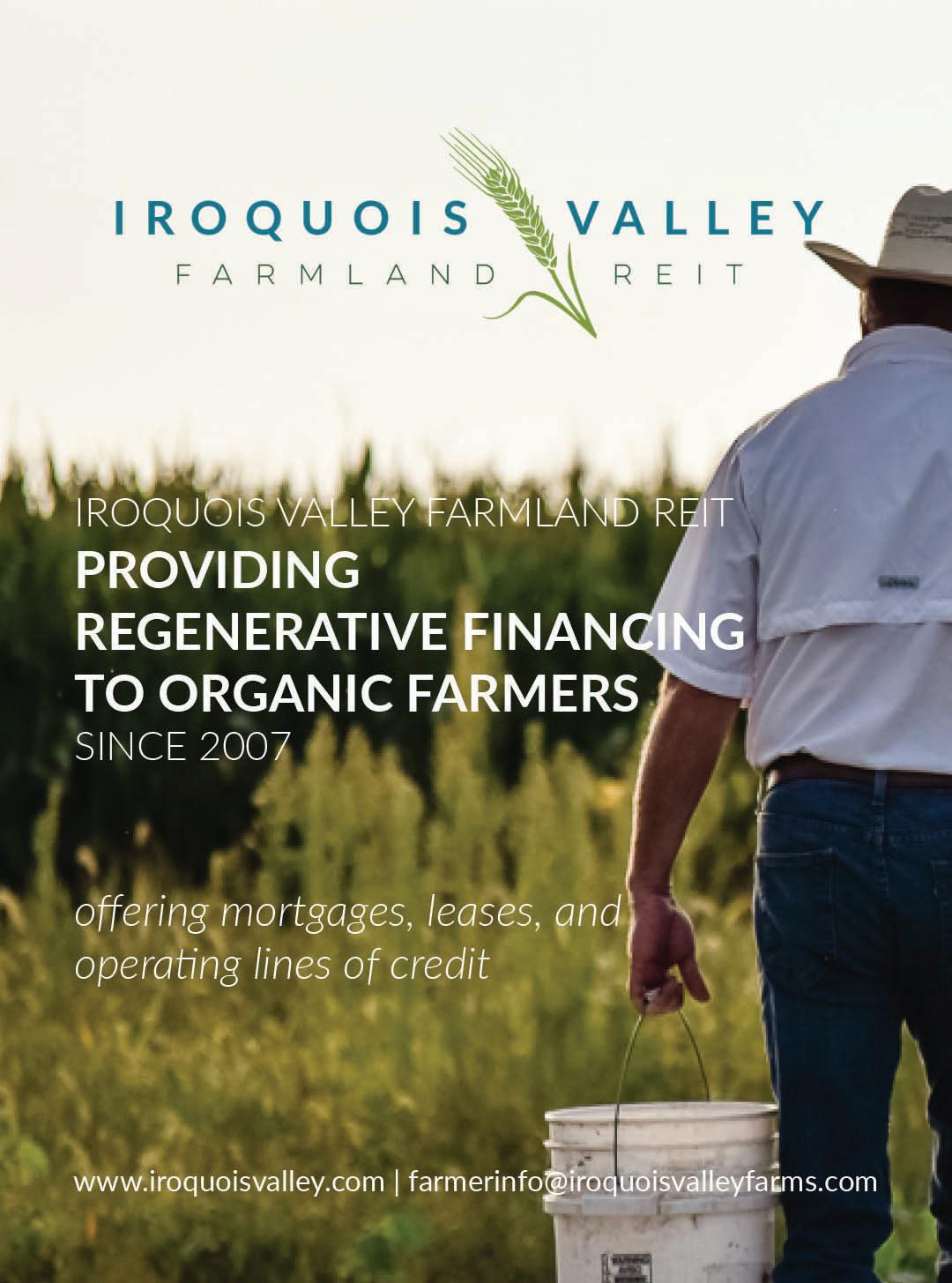
Saturday Session I (8:30 a.m.)
Dan Cornelius, Intertribal Agriculture Council
An Abundance of Broccoli(ni) Trials: 2022 Results from Across the Upper Midwest
Saturday Session II (10:30 a.m.)
Kristine Lang, South Dakota State University
Natalie Hoidal, University of Minnesota Extension
Join us for updates on a variety of broccoli trials conducted by the University of Minnesota and South
Dakota State University in partnership with farmers and gardeners across the upper Midwest. This session will highlight variety trials including: screening for black rot and Alternaria tolerance, late-season broccoli performance in clover living mulches with four soil management techniques, an update on Swede Midge monitoring, and a discus sion about broccolini as an alternative to broccoli. Come prepared to share your own experiences growing organic broccoli and broccolini and walk away with new techniques and cultivars to use on your farm in 2023.
Apples 101
Saturday Session II (10:30 a.m.)
Rachel Henderson, Mary Dirty Face Farm
Tom Rosenfeld, Earth First Farms
Want to grow organic apples? This session will address both the business of apples and the basics of growing certified organic apples in the Midwest. Topics include choosing your market, site selection, variety selection, pest, disease and nutrient tactics and more. Focus will be on resources and decision tools. Co-presented by Rachel Henderson of Mary Dirty Face Farm and Tom Rosenfeld of Earth First Farms.
Saturday Session II (10:30 a.m.)
Becca Carlson, Seeds Farm
Annalisa Hultberg, University of Minnesota
Food safety may seem complicated or scary, but it doesn’t need to be. Join this session for important updates to the FSMA Produce Safety Rule and hear from a certified organic farm that has had a FSMA inspection, discuss how to build a culture of food safety and how to meet organic certification and PSR require ments. Leave with an understanding of practical food safety steps to ensure your fruits and vegetables are safe and in compliance with this law.
Saturday Session III (2:30 p.m.)
Brooke Knisley, Alternative Roots Farm
Greg Schweser, University of Minnesota Extension Regional Sustainable Development Partnerships
Daniel Handeen, University of Minnesota Center for Sustainable Building Research
The design of Deep Winter Greenhouses (DWGs) allows farmers to grow cold tolerant, low light crops all winter in cold northern climates with minimal reliance on external heat sources. They effective ly create another season, and expand the possibilities of what can be grown in the upper Midwest. In this session, we will discuss various considerations and strategies in the design and construction of a DWG, and some of the resources available. DWG grower Brooke Knisley (Alternative Roots Farm), will share her growing experiences, as well as observa tions and advice on how to maximize the utilization of these unique structures.
Practical On-Farm Pollinator Habitat Establishment
Friday Session I (8:30 a.m.)
Joan Olson, Prairie Drifter Farm
Sarah Foltz Jordan, Xerces Society
On-farm pollinator habitat has many benefits, but deciding how and where to
add that habitat can be daunting. This workshop will help you determine which habitat projects -insectary strips, pollinator-friendly cover crops, native wildflower meadows, hedgerows, native pastures - make the most sense for your goals, resource concerns, space, capacity, equipment, weed pressure, and other factors. You’ll also learn about planting methods, design, and organic weed control options, as well as an opportunity from Xerces to apply for free habitat kits in Wisconsin.
Friday Session III (2:30 p.m.)
Art Thicke, Enchanted Meadows
Bobby King, Solar United Neighbors
Francis Blake, Blake Organic Farms
Nicole Rakobitsch, Organic Valley Farmers use solar energy to produce food and fiber. Now with solar arrays it is possible to add renewable electricity to your farm’s production. A solar array will pay for itself, generate profit over time, and allow you to have control over your energy costs. This workshop will cover the basics of solar technology, the economics of solar, grants and incentives available to go solar, and soliciting and reviewing bids from solar installers. Minnesota dairy grazier Art Thicke will share his experience with going solar and expanding his solar array over time.
Maximizing Nitrogen Fixation from Legumes
Saturday Session III (2:30 p.m.)
Rebecca Fudge, University of Minnesota - Twin Cities
Nitrogen is critical for plant’s growth and development. Most plants take up nitrogen from the soil, but the legume family of plants can derive nitrogen directly from the air. How can you ensure you’re getting as much nitrogen as possible from your legumes? In this session, we’ll give an overview of biological nitrogen fixation and legume inoculation. We’ll also show you how to calculate pounds of nitrogen you’re getting from your legumes and discuss promising options for winter annual legumes in the Midwest.
On Farm Forestry - Finding Value in Your Woods
Saturday Session III (2:30 p.m.)
Tony Johnson, UW-Madison Extension Farm woodlots have the potential to add economic, environmental, and social value to your agricultural operation. This workshop will provide an overview of the planning, people, and programs that can help your woods reach their potential. It will also touch on some economic opportunities, tax considerations, conservation priorities, and lifestyle benefits that are found in the farm woods.
Creative Land Access for Beginning Farmers
Friday Session I (8:30 a.m.)
Brett Olson, Renewing the Countryside
Bonnie Warndahl, Winnowburrow Farm & Florals
Join experienced Farmland Access Navigators to learn about the current challenges and solutions of land tenure. They will share land access stories and dive into creative solutions to land acquisition. Whether you’ve identified land or have just begun your search, they will equip you to stride more confidently into your farmland access journey and provide a deeper understanding of the Farmland Access Hub, a consortium of partners that provides transitioning farmers with support and resources to succeed.
Get Loud: Speaking Up for Change
Friday Session I (8:30 a.m.)
Danielle Endvick & Lauren Langworthy, Wisconsin Farmers Union
Wisconsin Farmers Union (WFU) believes in the power of the grassroots to change the problematic systems surrounding us. That power is built and strengthened as we build relationships that are centered on our shared values and personal experiences. Join WFU staff to learn about the intersection of sharing your story and building community power around the issues that matter to you. WFU will be bringing experience in relational organizing and story crafting to help you develop tactics and messages that move your cause forward.
Saturday Session II (10:30 a.m.)
Thelma Heidel-Baker, Bossie Cow Farm Ariel Pressman, Real Organic Project/Seed to Seed Farm
This workshop will give two different perspectives: one from a vegetables farmer who ultimately decided to leave farming and one from a Dairy farmer making adjustments to stay in farming. They will discuss in detail the quality of life changes both have implemented over the years and the effect they have had on themselves, their families, and farms.
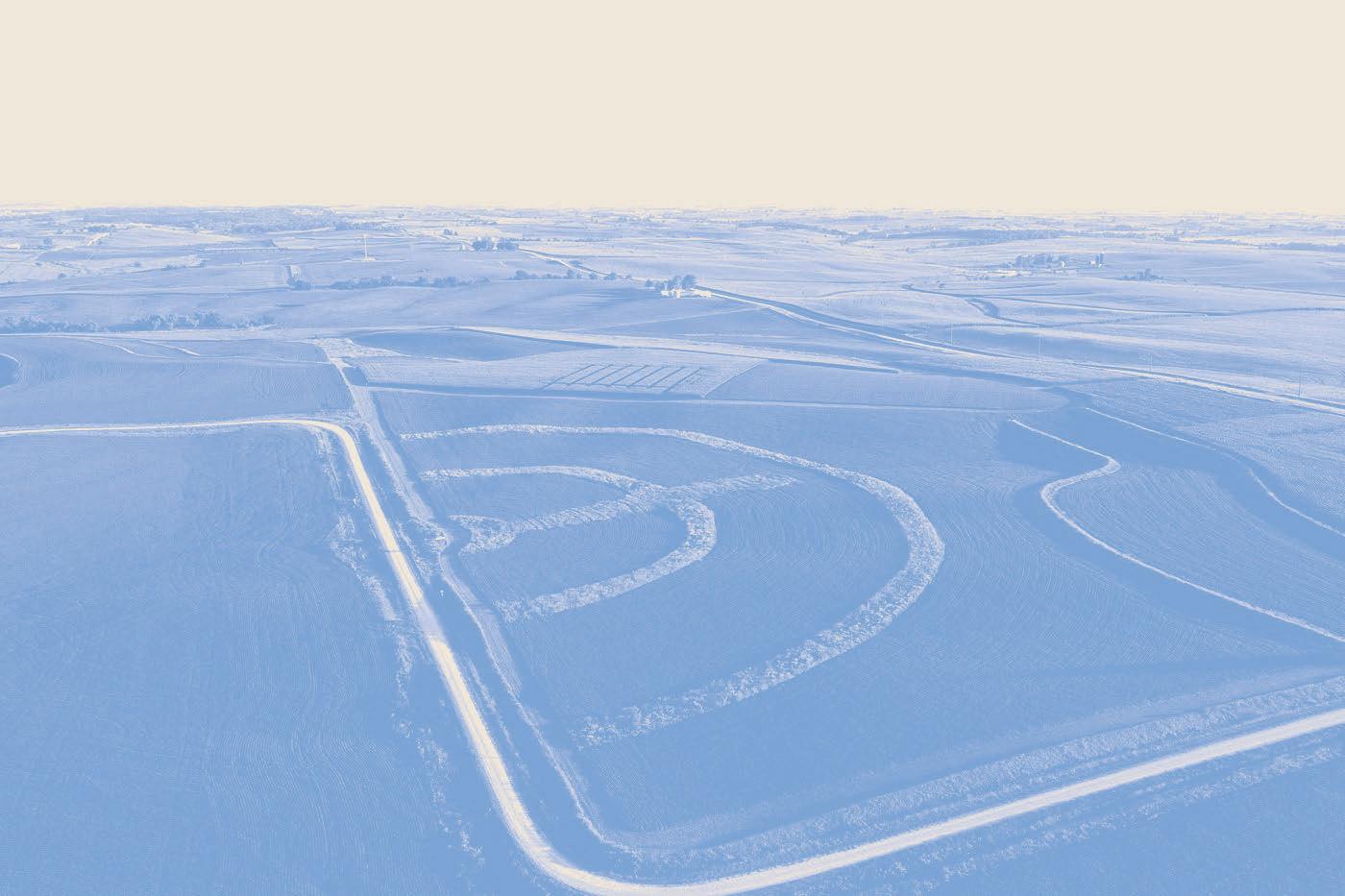
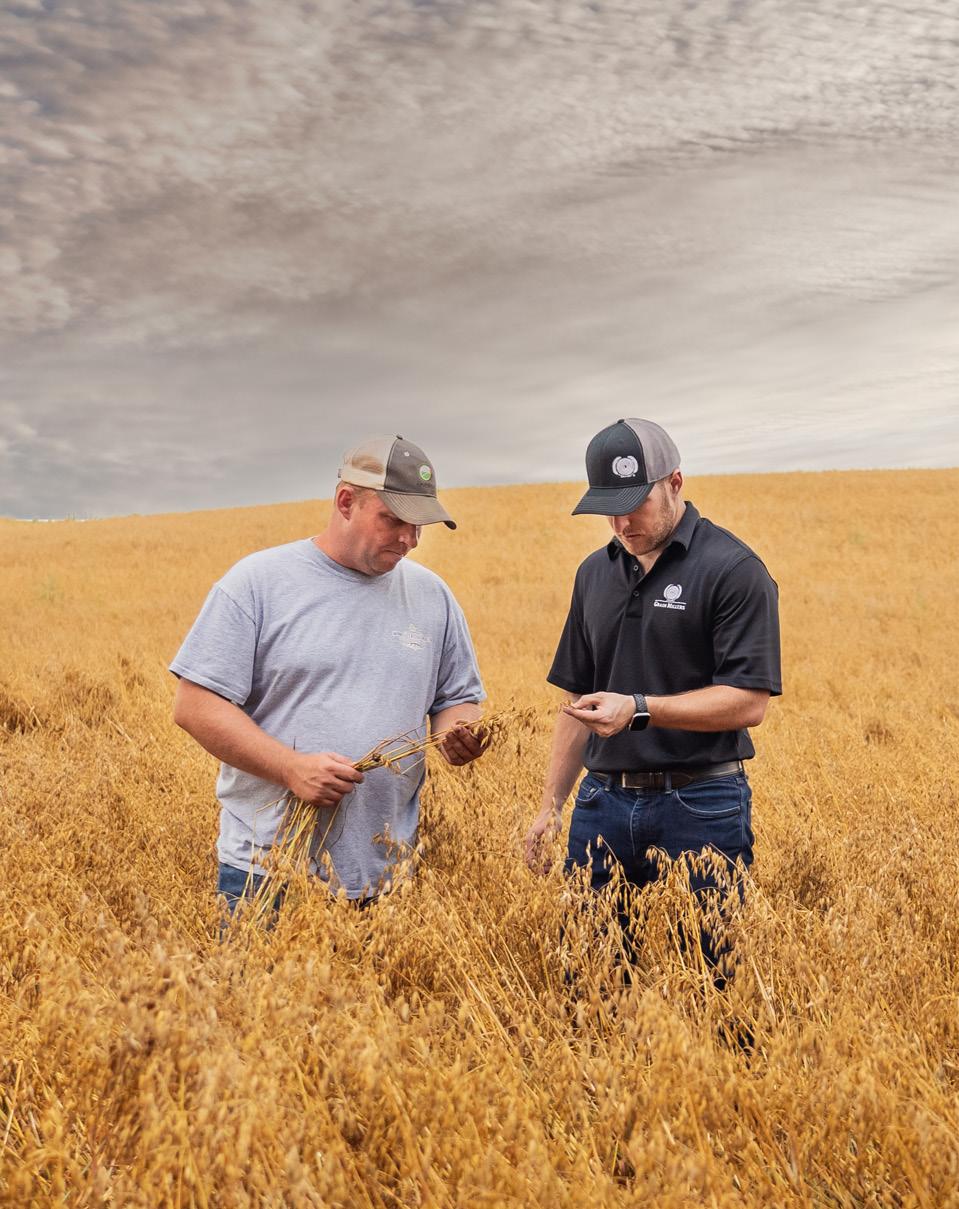
Saturday Session III (2:30 p.m.)
Beth & Shawn Dougherty, The Sow’s Ear Farm Safe, wholesome, grass produced raw milk is the rocket fuel that powers the whole homestead. Shawn and Beth Dougherty, authors of The Independent Farmstead (Chelsea Green Press), take you through selecting, buying, and caring for a homestead dairy cow. Explore the basics of grazing, fencing, hand-milking and milk handling, affordable shelter, breeding, calf care (including milk-sharing and weaning), as well as all the amazing uses for milk on the homestead: feeding calves, pigs, poultry, and even the garden, as well as simple butter and cheese making.

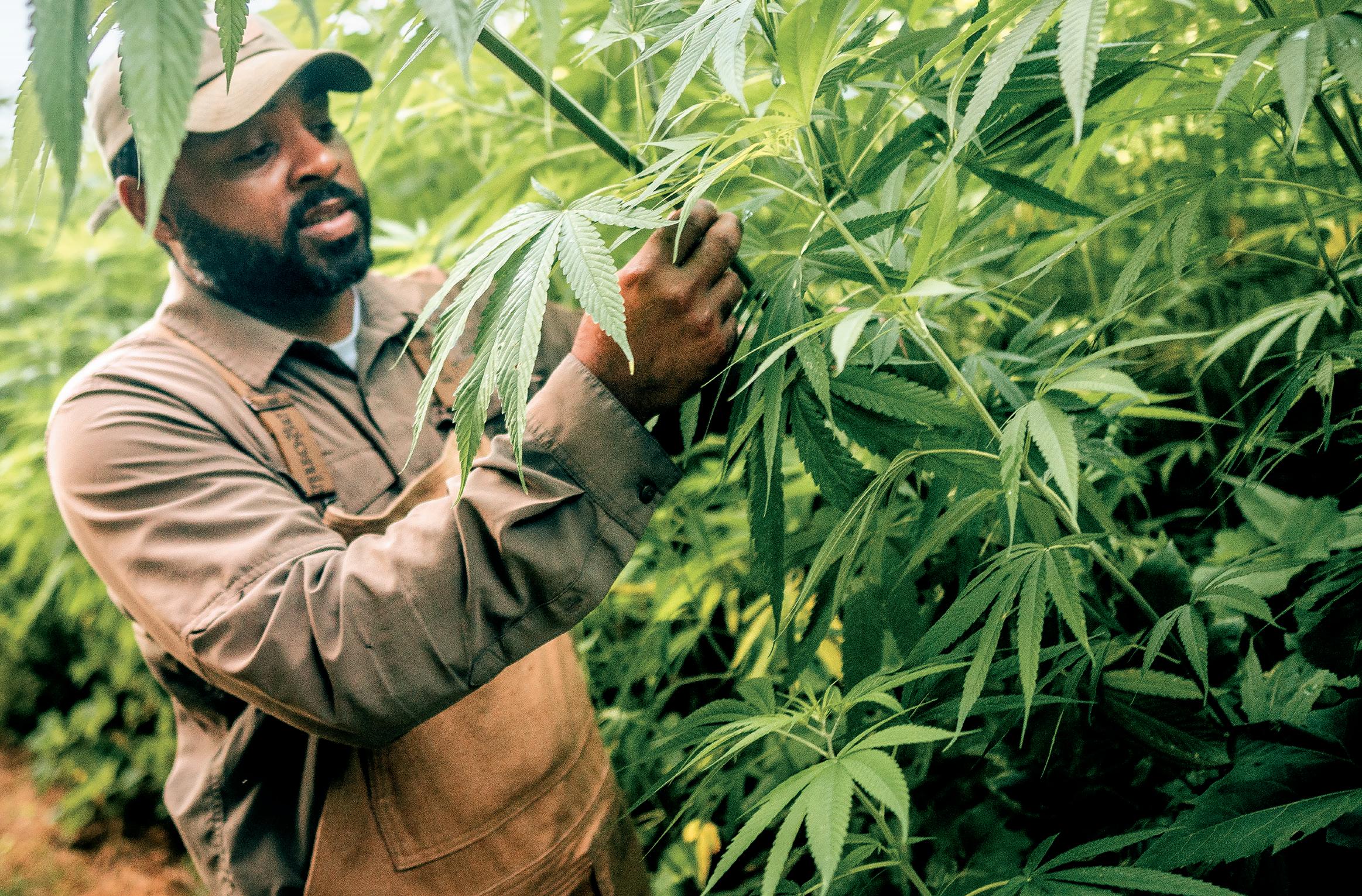
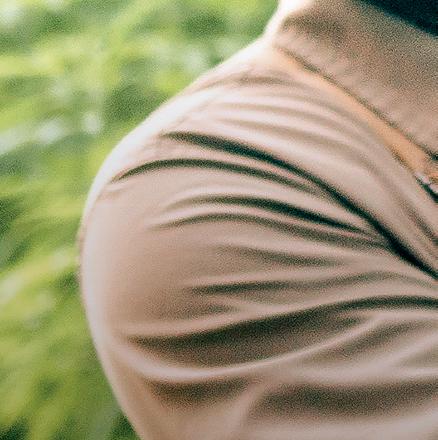
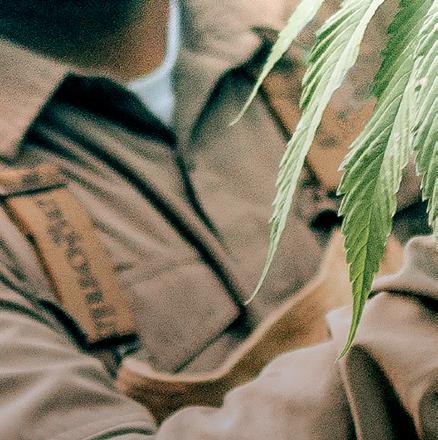

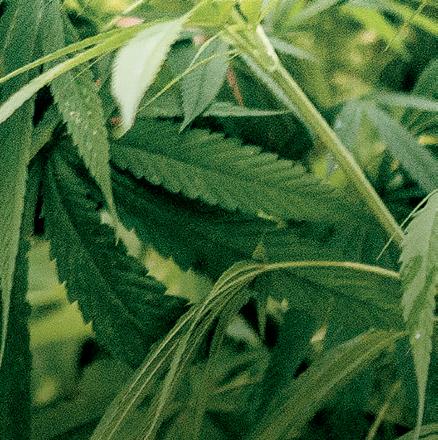


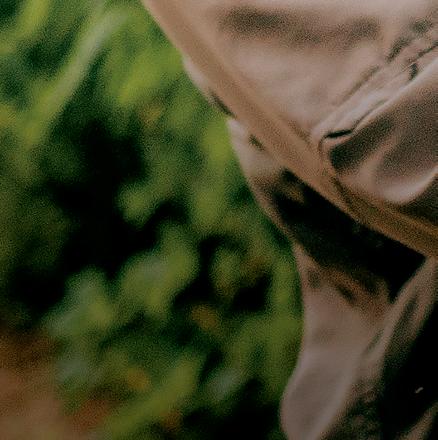
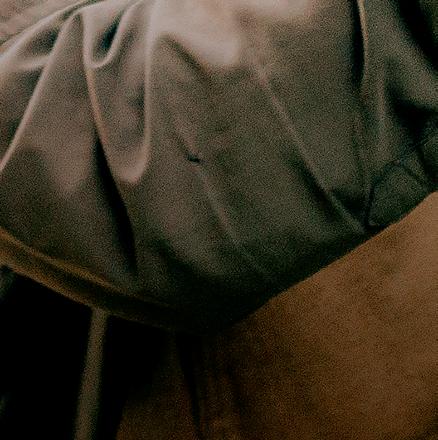
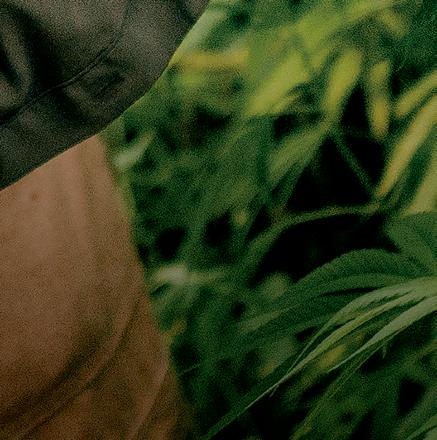
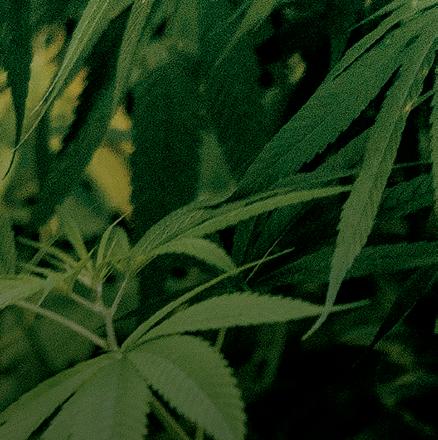
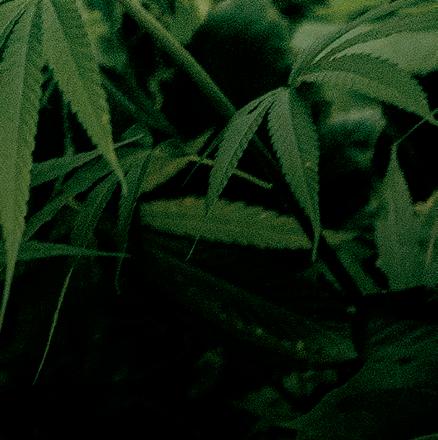

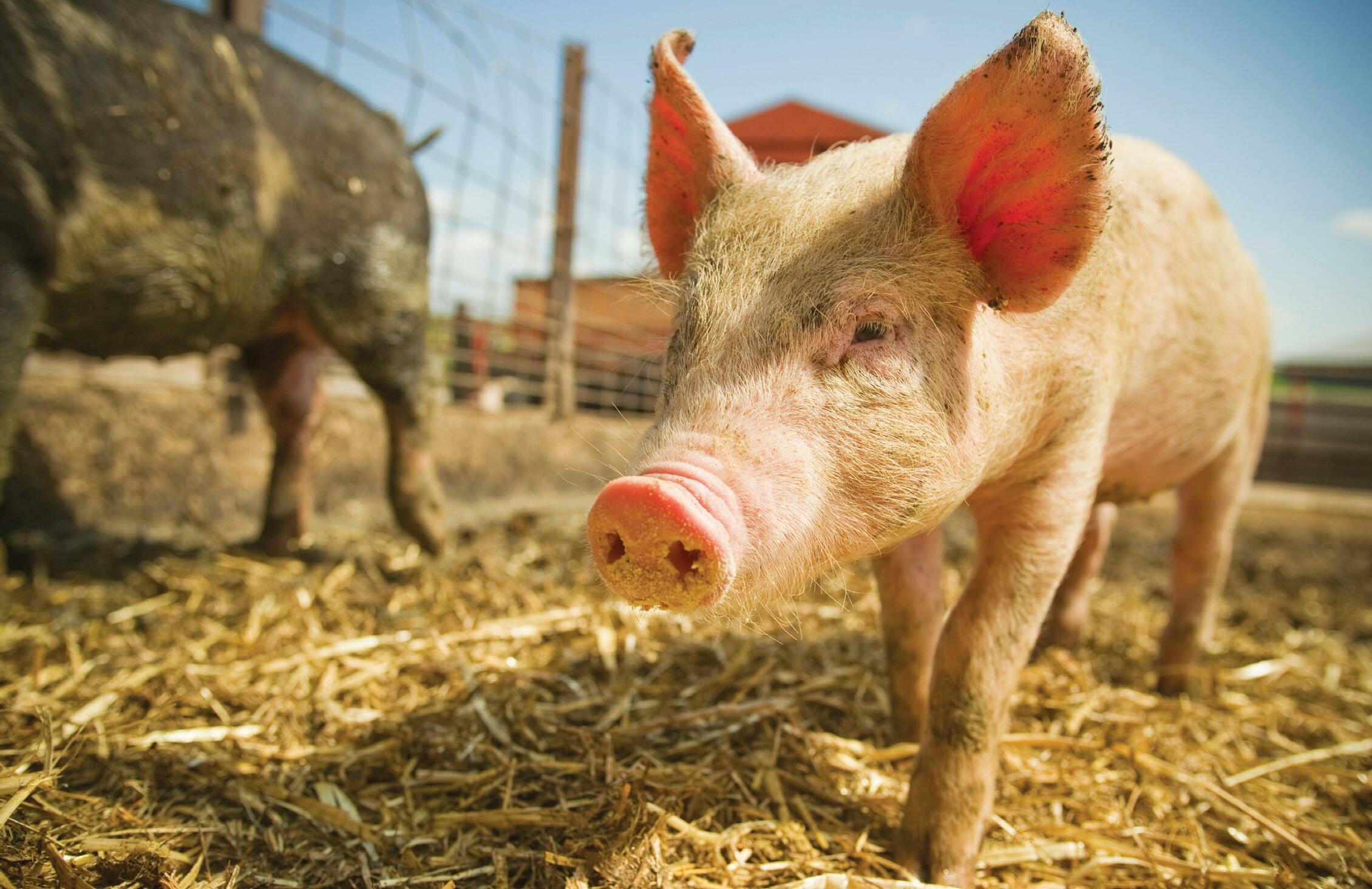
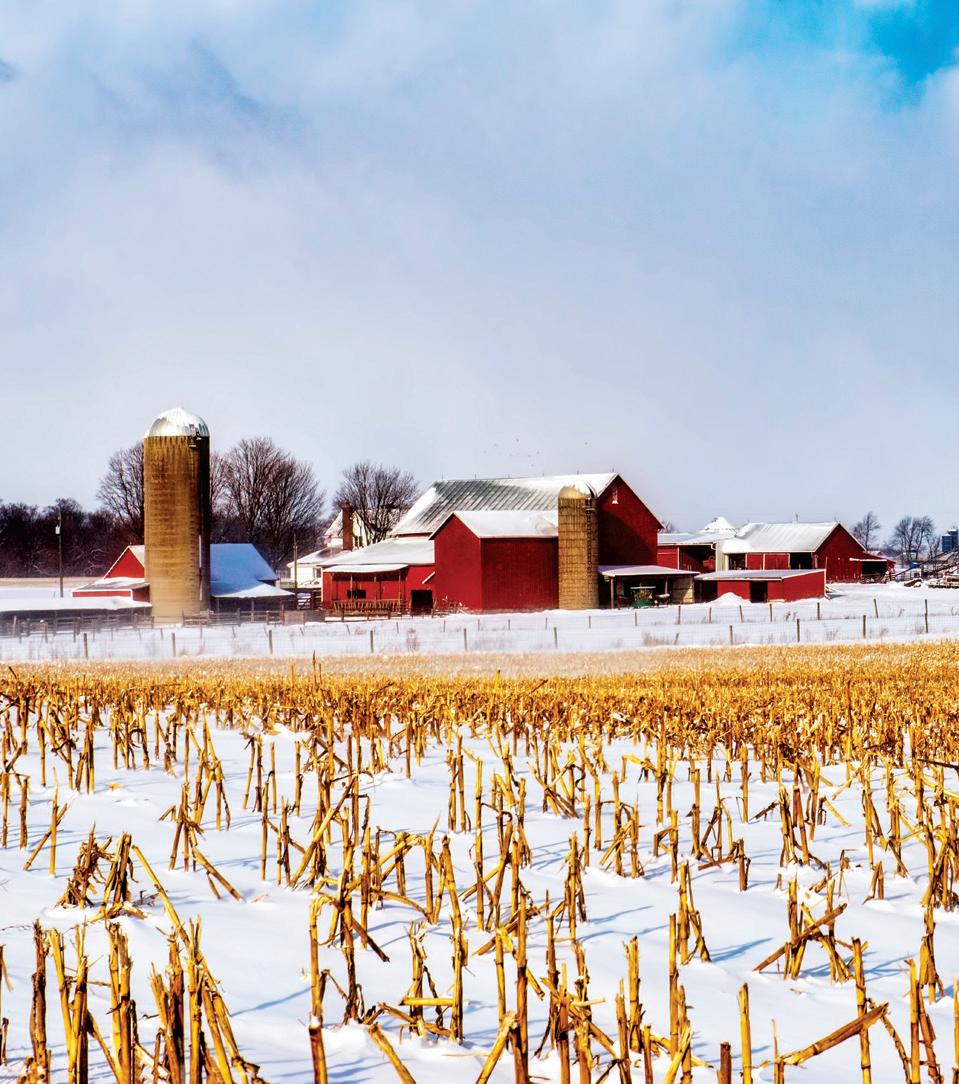
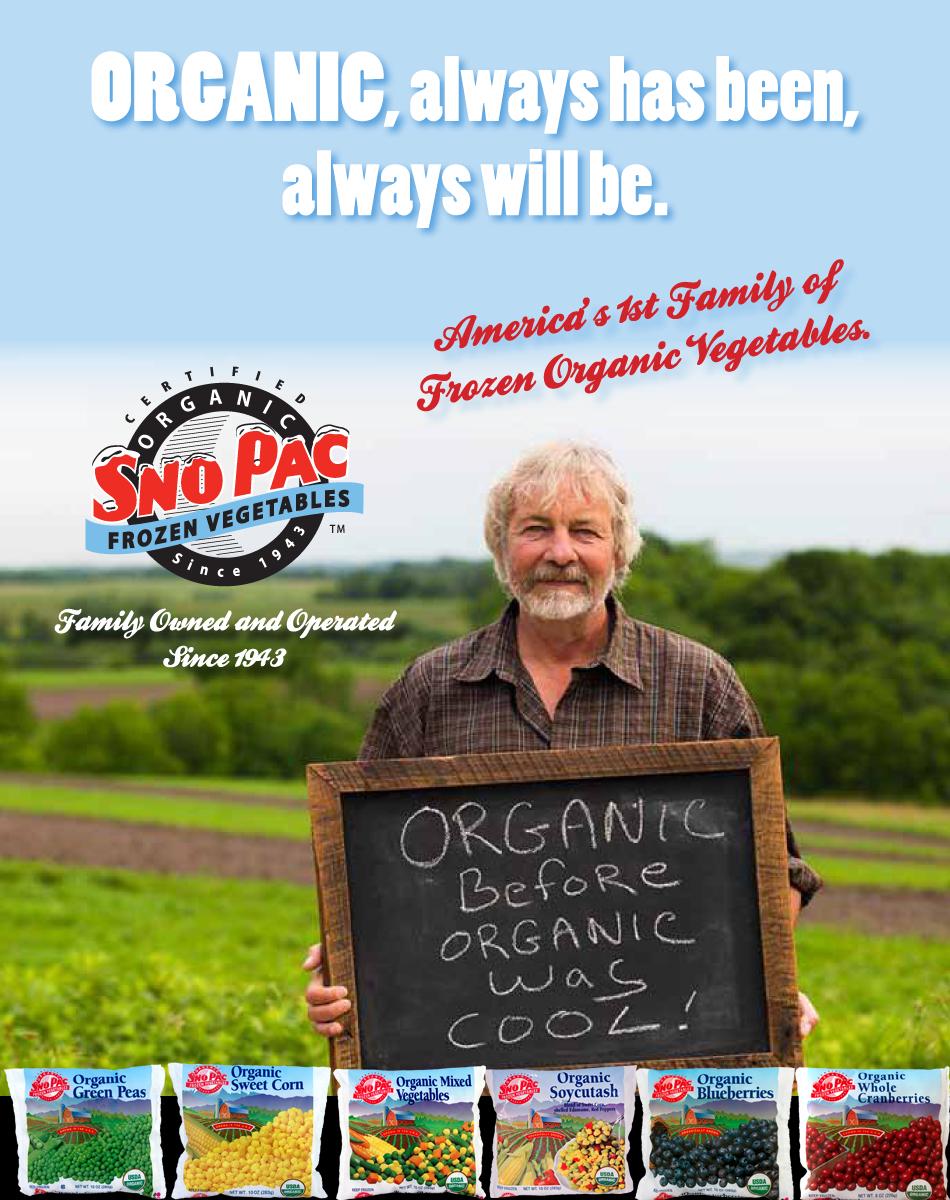
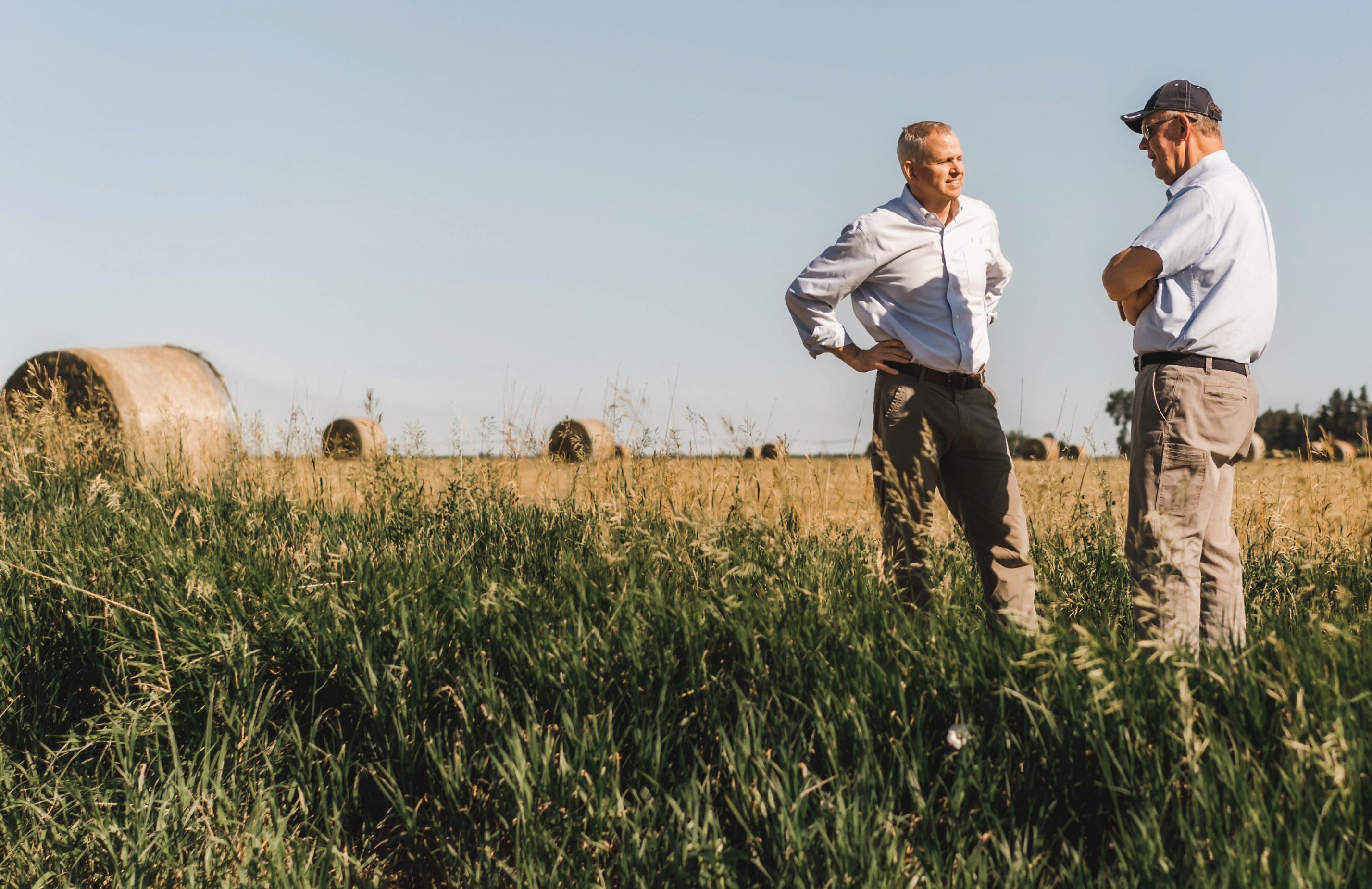
Please join us during the final few hours of this year’s conference for this special group event with viability as the theme! Come ready and willing to engage with what you are passionate about and we can promise it will be addressed during this invigorating session of sessions. Gather with farmer peers, in a process designed for exchanging knowledge. You will discover others who care deeply and share an excitement to learn more about topics you bring to the table. Meaningful new relationships will be forged along the way.
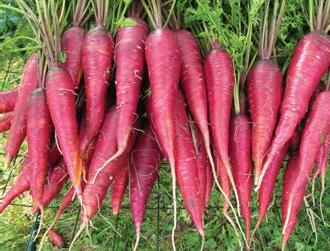
Designed to ensure that what matters to you is on the agenda, this portion of the Conference further activates the Marbleseed commitment to remaining farmer centered, providing useful and impactful opportunities for farmers to contribute their expertise, to teach as well as to learn. In this space our Marbleseed community will come together, co-create and discuss the content of most relevance to every participant and to our growing community. Expect to encounter a mix of our collective past experiences, present realities and future poten tials. Be prepared to be surprised!

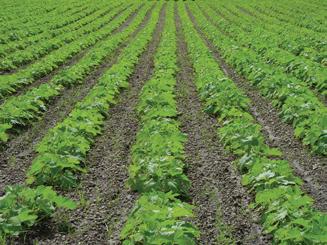
(For this participatory session to work best we ask that participants be able to commit to arriving at the start and staying to the end of the session.)
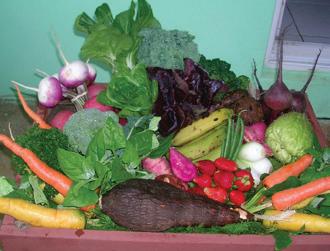

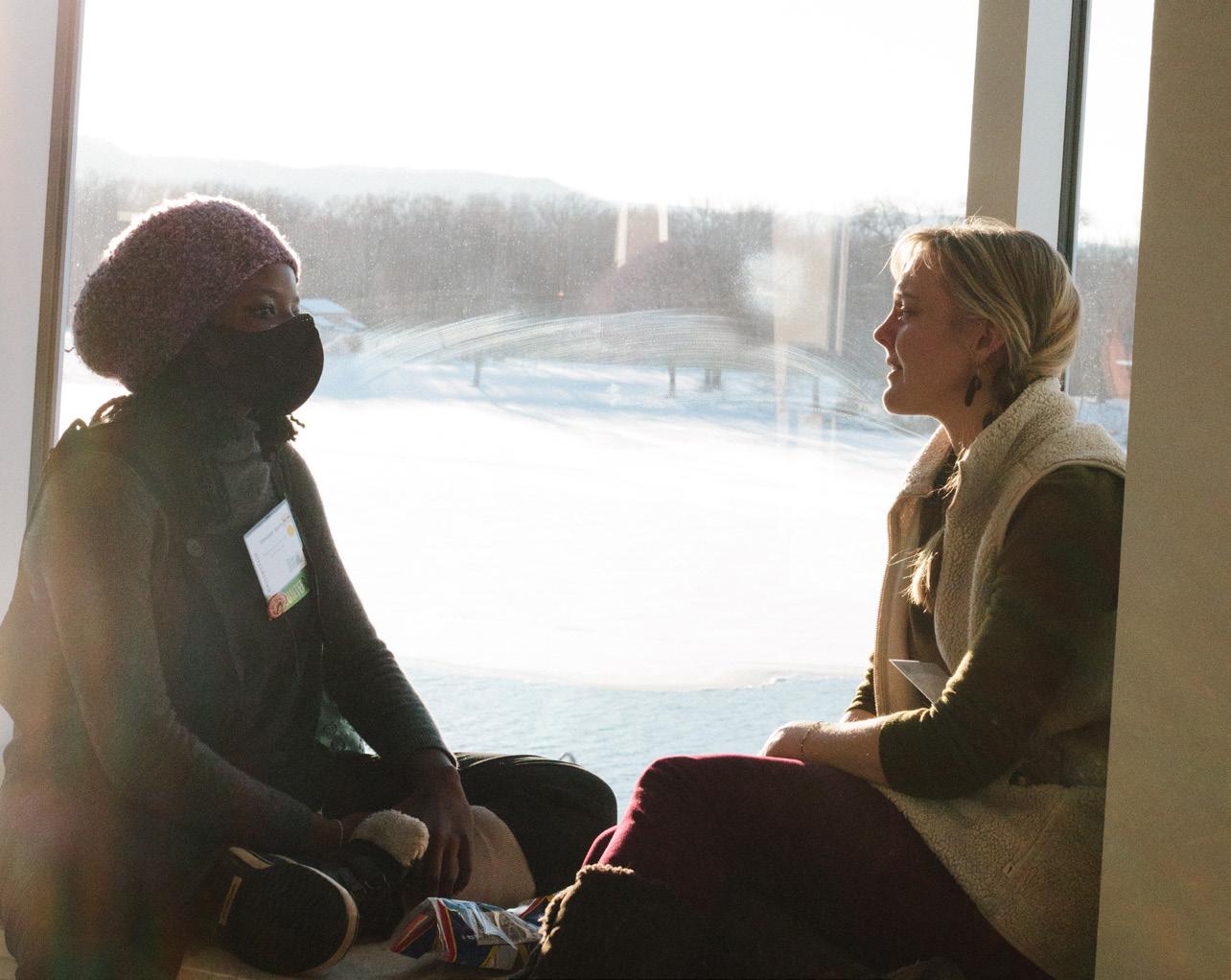
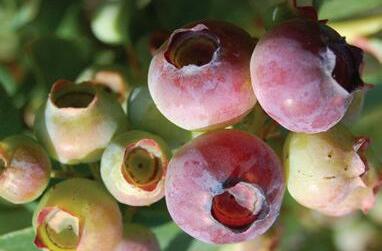

Owen Hablutzel is a group-facilitator, consultant and educator working internationally, since 2007, with farmers, ranchers and diverse regenerative, land-focused groups, aiming to amplify land health and invigorate connections of people with each other and the agro-ecosystems they steward.
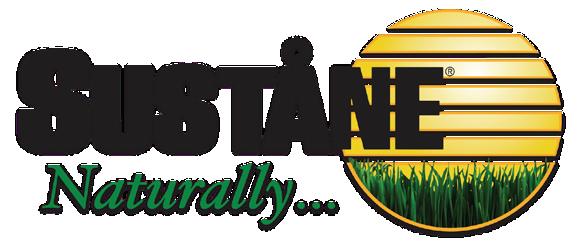
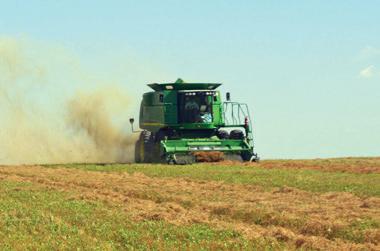
Full Conference tickets provide admission from 5 p.m. Thursday to 5:30 p.m. Saturday. One-day tickets include access to evening events and the prior evening’s activities. Organic University tickets include all activities at the conference opening night. Exhibit Hall passes are available for $20/day and are available for purchase on site only.
Refunds must be requested in writing. Email registration@ marbleseed.org or mail to: Marbleseed, PO Box 339, Spring Valley, WI 54767
• 15% charge for refunds requested by Jan. 10 (Early Bird deadline).
• 25% charge for refunds Jan. 10-Feb. 9.
• 50% charge for refunds Feb. 10-14.
If you become ill with COVID-19, we will refund your registration minus a 25% processing fee (doctor’s note or proof of positive test is required). Deadline is Feb. 14 for all other refund requests.
The Marbleseed Conference takes place at the La Crosse Center, 300 Harborview Plaza, in charming down town La Crosse, Wis. Learn more about the area at explorelacrosse.com.
Youth Rate (3-17) - Friday and Saturday only
Children may attend the conference for $40/day, which includes breakfast, lunch, and snacks. Children under age 3 may accom pany you to the conference without a ticket.
To make the conference a family-friendly event, we offer childcare for ages 3-12 at no additional cost above the registra tion fee—but, you must register your kids for the conference and indicate the days they’ll use childcare.
We’re excited to announce that the staff of Wisconsin Farmers Union’s Kamp Kenwood will again be joining us to lead educa tional activities and fun in our Teen Space. Youth ages 12 & up are invited to join staff and special guest presenters to make new friends, have some fun, and learn about leadership, cooperatives, and more.
Students in college or technical school may attend as a group for 35% off the posted rate. See details on the event website.
La Crosse has many hotels and other lodging options. Hotels close to the conference center fill up quickly. We recommend making reservations as soon as you know you’ll attend the con ference. See the list of area hotels on our website: marbleseed. org/conference.
The La Crosse Convention and Visitors Bureau coordinates free shuttles mornings and evenings between the conference center and specific hotels. You can park your car at your hotel and board the bus! See the schedule and list of participating hotels on our event website.
In exchange for 10-12 hours of service, you can attend the full conference for just $50! Volunteers must be at least age 18. See the conference website for details and application.
Scholarships are available for the full conference, one-day admission, or Organic University. Priority may be given to begin ning farmers, veterans, historically underserved farmers, and those who have not been able to attend the conference in the past. Tell us why you want to attend the Marbleseed Conference and need a scholarship to make that happen. Apply by Decem ber 18th on the event website.
Your support makes this conference accessible to all! Please donate when you register for the conference. Along with our general scholarship fund, we also manage funds in memory of two local heroes of the organic movement: Dave Engel and Chris Blanchard. You may designate your donation to any (or all) of these funds.
aLL of us research prograM - uW MaDison aLL sTar TraDing co-op parTners Warehouse cuTLer fence Dr. Bronner’s gaLLagher norTh aMerica high MoWing organic seeDs MinnesoTa crop iMproveMenT associaTion/ Mcia MinnesoTa farMers union MyThic farM

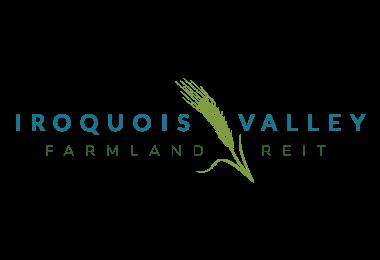
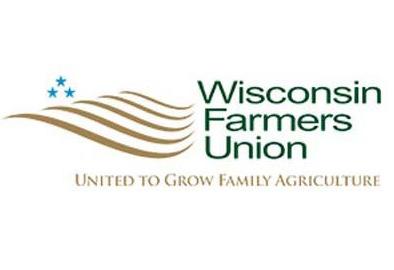
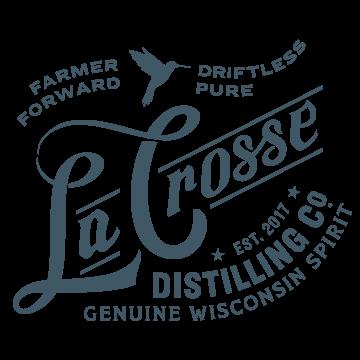
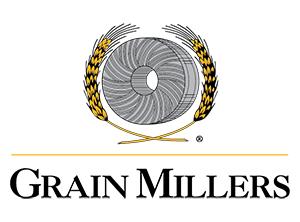

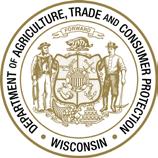

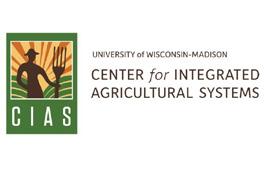
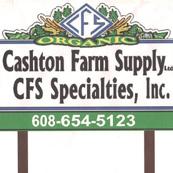
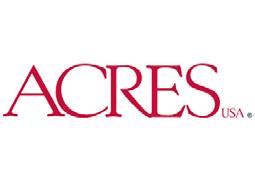
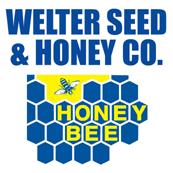

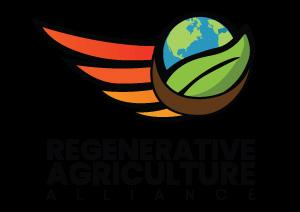

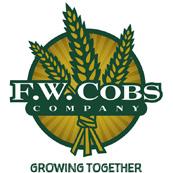
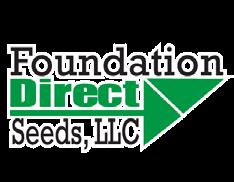
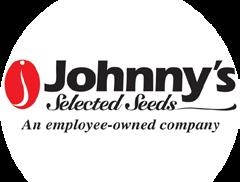

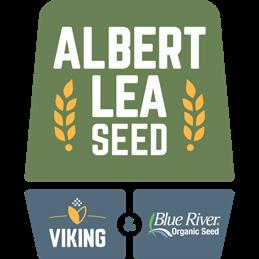
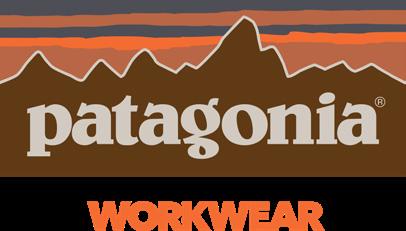
naTure safe organic ferTiLizers osBorne QuaLiTy seeDs ozark organics LLc QuaLiTy roasTing LLc reaL organic projecT ryan evan’s fLoWers shining hiLLs farM anD garDens TWin ciTies co-op parTners verMonT coMposT coMpany WhoLe fooDs co-op
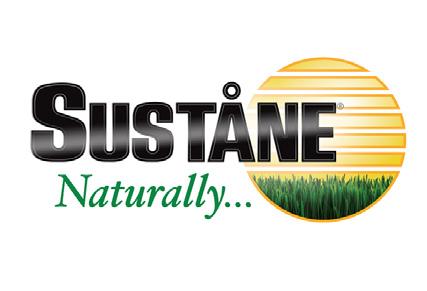
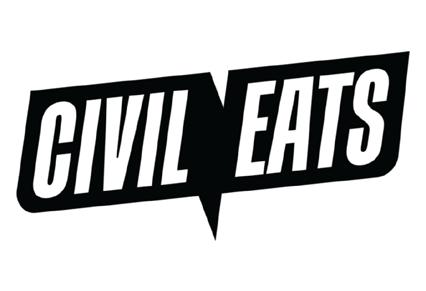
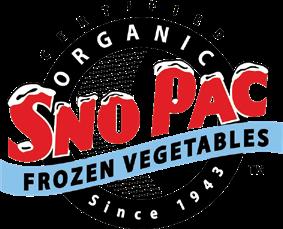
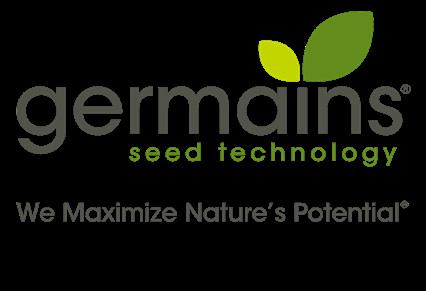

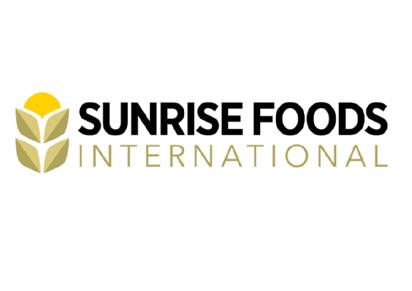
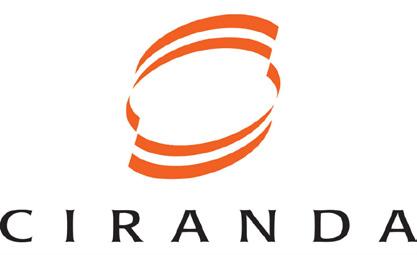
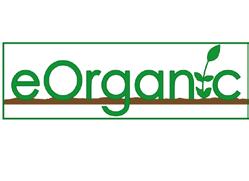
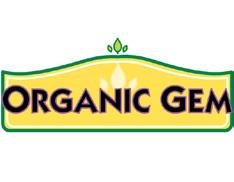
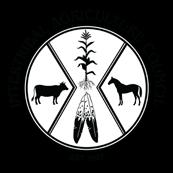

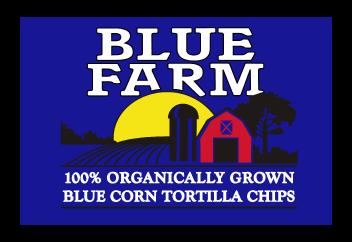

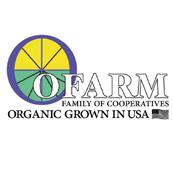
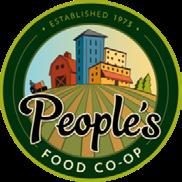

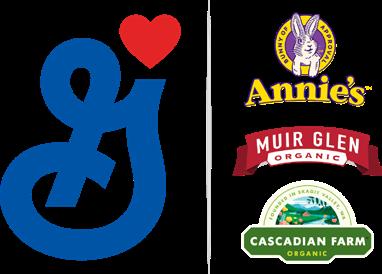

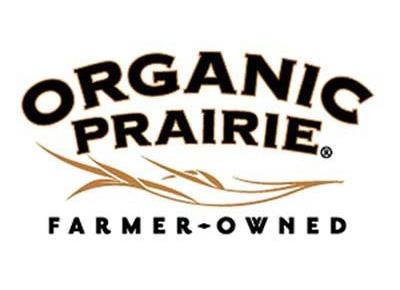
PO Box 339 Spring Valley, WI 54767